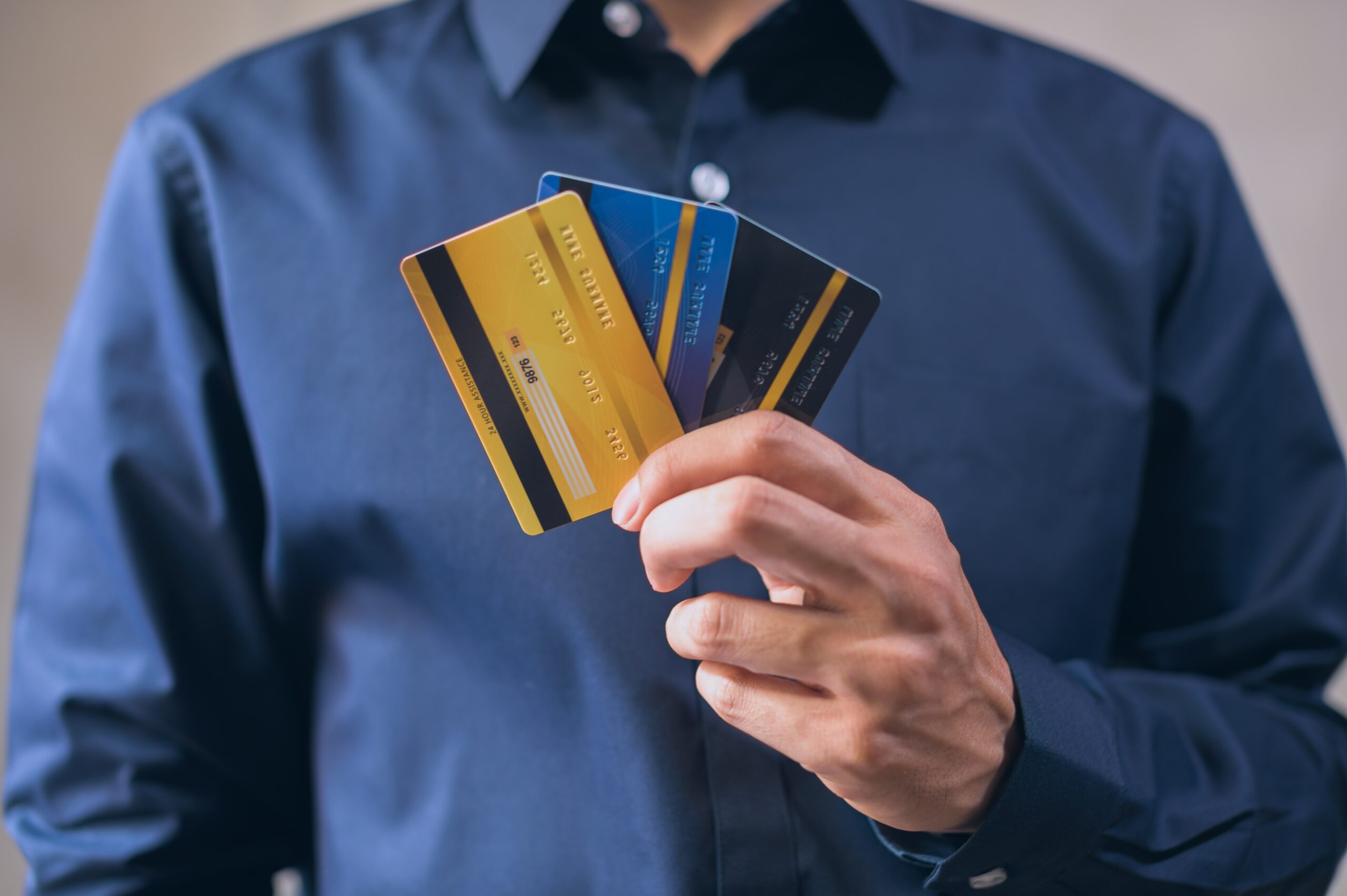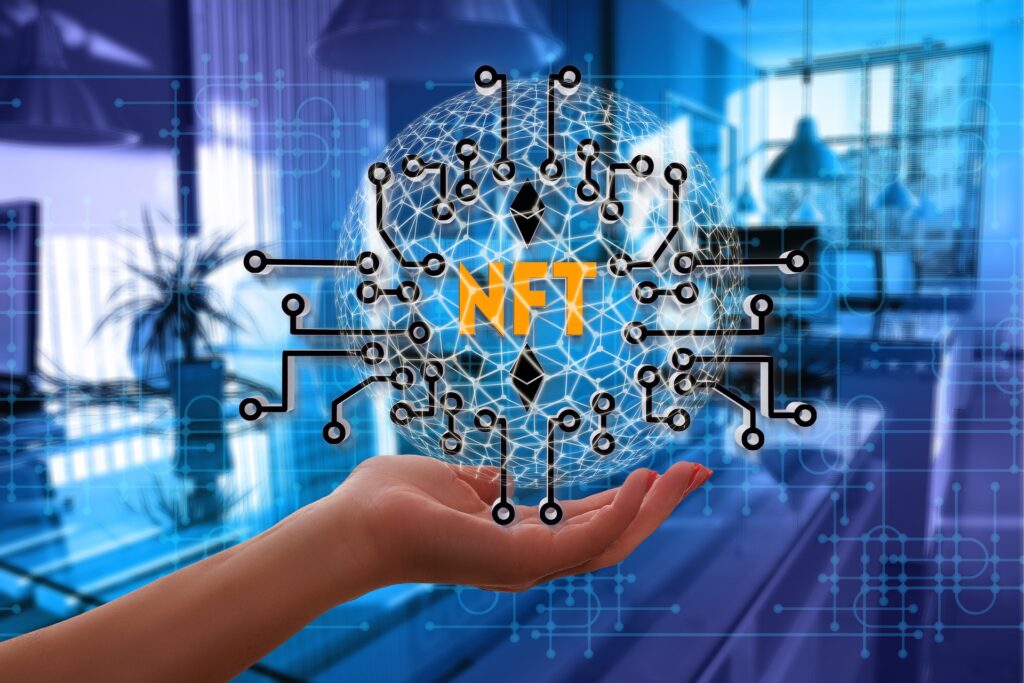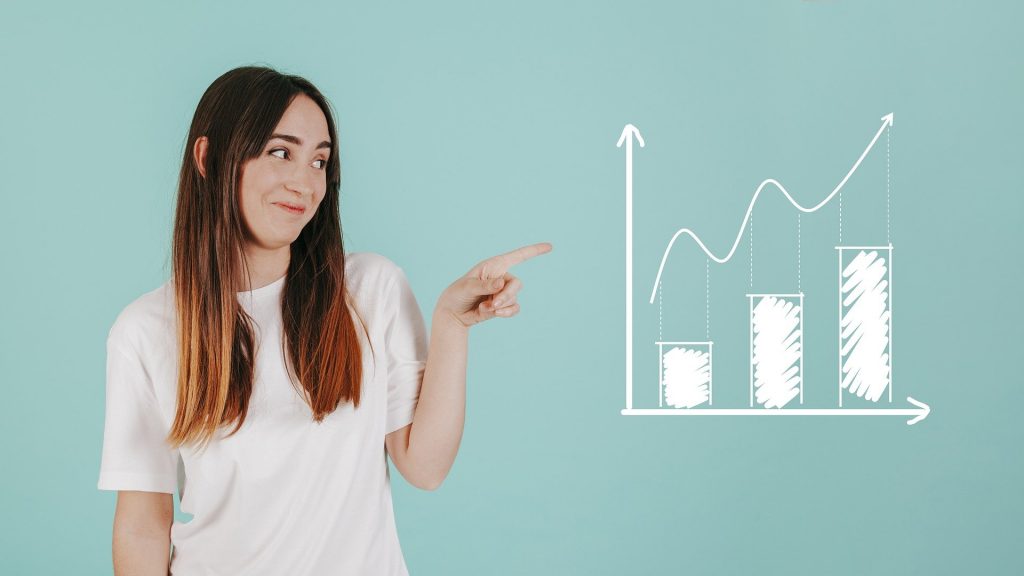Nexta, the brainchild of Ibrahim Farag and Ahmed Hisham, promises an efficient digital banking experience for Egyptians by using technology and data to identify new opportunities based on a consumer’s lifestyle.

Users will receive a Nexta card, powered by Visa, which will aggregate their existing payment cards. The Nexta card will eliminate the hassle of carrying multiple payment cards. On the Nexta app, users can make transactions like money transfers and bill payments.
In short, Nexta aims to redefine the meaning of user experience in Egypt by introducing “next-generation banking.”
Investor interest in fintech across emerging markets has been on overdrive during the past year. According to Magnitt’s fintech 2022 Venture Investment Report, the industry aggregated more than $2 billion in funds last year, posting 56% year-on-year growth in total number of transactions recorded.
While a large portion of the population in Egypt remains unbanked and underserved, alternative payment and digital banking ventures have flourished. Last year, investment in Egypt-based fintech startups tripled year on year to more than $60 million. This was driven by digital payment and financing ventures, including day-to-day banking platform Dopay, alternative payment platform PayMob and crediting solutions provider Sympl, as well as Telda, a peer-to-peer payment and banking platform for teens.
Farag is a researcher at the University of Warwick in the U.K., a member of the Chartered Financial Analyst Institute, and mentor at the U.K. CFA Society. He is a graduate of the fintech program at the University of Oxford’s Saïd Business School. Hisham graduated from Preston University in London and started his career at Ahli United Bank before becoming an associate director of Commercial International Bank.
The two entrepreneurs sat down with Business Monthly to discuss operating a fintech startup as well as shed light on regulatory barriers and how they hope to navigate them. The interviews have been lightly edited for length and clarity.
How will Nexta differ from other apps and digital wallets in Egypt?
Farag: Nexta is internationally recognized, allowing our card to be used worldwide. While the process to open a bank account traditionally takes one to two weeks, with Nexta you can open an account within minutes through the app. In collaboration with Banque Misr, Nexta customers can instantly issue and activate a payment card.
How did the idea of starting up Nexta come to life?
Farag: I began establishing a digital bank in London prior to meeting Ahmed. We decided to transfer that project to Egypt, one of the most underbanked nations in the world with one of the largest youth populations. This translates into a vast number of digital natives who expect the way they bank to match their tech-savvy lifestyles. Recognizing the shift in demand, we both shared the same ambition to address and transform this landscape, which, fortunately, was in sync with the Central Bank’s plans. In line with that vision, we took on the challenge of bringing a new digital banking experience to Egypt.
Why is Egypt an attractive market for Nexta?
Hisham: Egypt is an attractive market due to the efforts of the CBE (Central Bank of Egypt) to establish a safe and regulated environment for fintech to launch. Having these efforts linked to Egypt’s admirable vision for 2030 allows for mutual and healthy collaboration. Once Egypt announced there would be a digital banking license, it was an encouraging sign. There is a vast number of consumer needs that should be addressed. This is where Nexta steps in with its mission to provide digital native services that keep up with citizens’ lifestyles. Egypt’s location, as well as its ties to other Middle Eastern and African nations, means potential for further growth.
How many users do you plan to serve in the first six months?
Hisham: Nexta plans to roll out in the coming weeks, and we expect 150,000 users within six months.

How is the startup being funded?
Hisham: Our current pre-seed stage has allowed for $2.2 million to be raised by venture capital Disruptech and other angel investors. Nexta has strategic partnerships with Visa, the world leader in digital payments, Banque Misr and eFinance.
How does Nexta plan to overcome barriers that similar startups faced?
Farag: We agree there is a problem with some startups that perhaps do not understand the complexity of operating a financial business in a highly regulated environment such as Egypt. For instance, the CBE has never formally released a regulatory framework for the “digital banking license.” It is therefore misinformation, or lack of prudence, for startups to claim to have applied for a digital banking license. In the end, it is a learning process and I believe new disruptive businesses in the financial space will be able to learn the proper approach in navigating this extremely sensitive sector of the economy. Having said that, there are indeed many barriers for startups operating in the fintech space. Nonetheless, through our day-to-day interaction with regulators, we can see an engaging process between the CBE and startups. Ultimately, overcoming the barriers is a matter of patience, following the rules and regulations, having faith in its success, and working toward making it a new reality for all Egyptians.
What licenses are needed?
Hisham: The Central Bank of Egypt has created an environment that is supportive to all those who wish to make the 2030 vision a reality through financial innovation. Nexta has taken a phased approach to offering its full range of digital and financial services. We currently have a provisional agent banking license approved by the CBE. We anticipate receiving the final license and pledge to apply for a digital banking license once it is made available.
How does Nexta’s international presence influence the startup?
Farag: Nexta is based in Egypt, headquartered in the Netherlands, with an office in the United Kingdom. Our international presence has attracted global talent, which brings a wealth of experience and expertise to implement our vision and navigate the way forward.

How will Nexta’s launch affect Egypt’s fintech journey?
Farag: Nexta promises to improve the daily lives of Egyptians through an enhanced digital and personalized next-generation banking experience. With both financial inclusion and digitization in mind, Nexta will be one of the many players entering and reshaping Egypt. Our launch will pave the way for the change that Egypt has been waiting for. The presence of fintech will raise the bar for services currently on the market by meeting high customer expectations, which will in turn raise the quality of the offerings. Early on, Nexta has positioned itself to recruit extraordinary talent from diverse backgrounds to create a melting pot of ideas. Our innovations will require others following in our footsteps to adopt similar solutions, so in effect we are setting the bar high, but also contributing to healthier and more robust competition.
Hisham: Through new and adapted regulations for fintech [companies], Egypt currently sets the stage for us not only to integrate but lead in the vibrant local fintech ecosystem. Making financial services more attainable and allowing everyday Egyptians to be in control of their finances benefits not only individuals, but the entire country.
How will competitors impact Nexta’s growth?
Farag: It’s shaping up to be a highly competitive market and we are glad to see other players join in. In order for any product to succeed, there must be freedom of choice. Healthy and fair competition encourages businesses to strive for the best output. It is vital to allow consumers to express their needs as much as we need to find the appropriate and accessible solutions to their problems, needs and desires. Hence, competition can only be welcomed in such exciting times.







